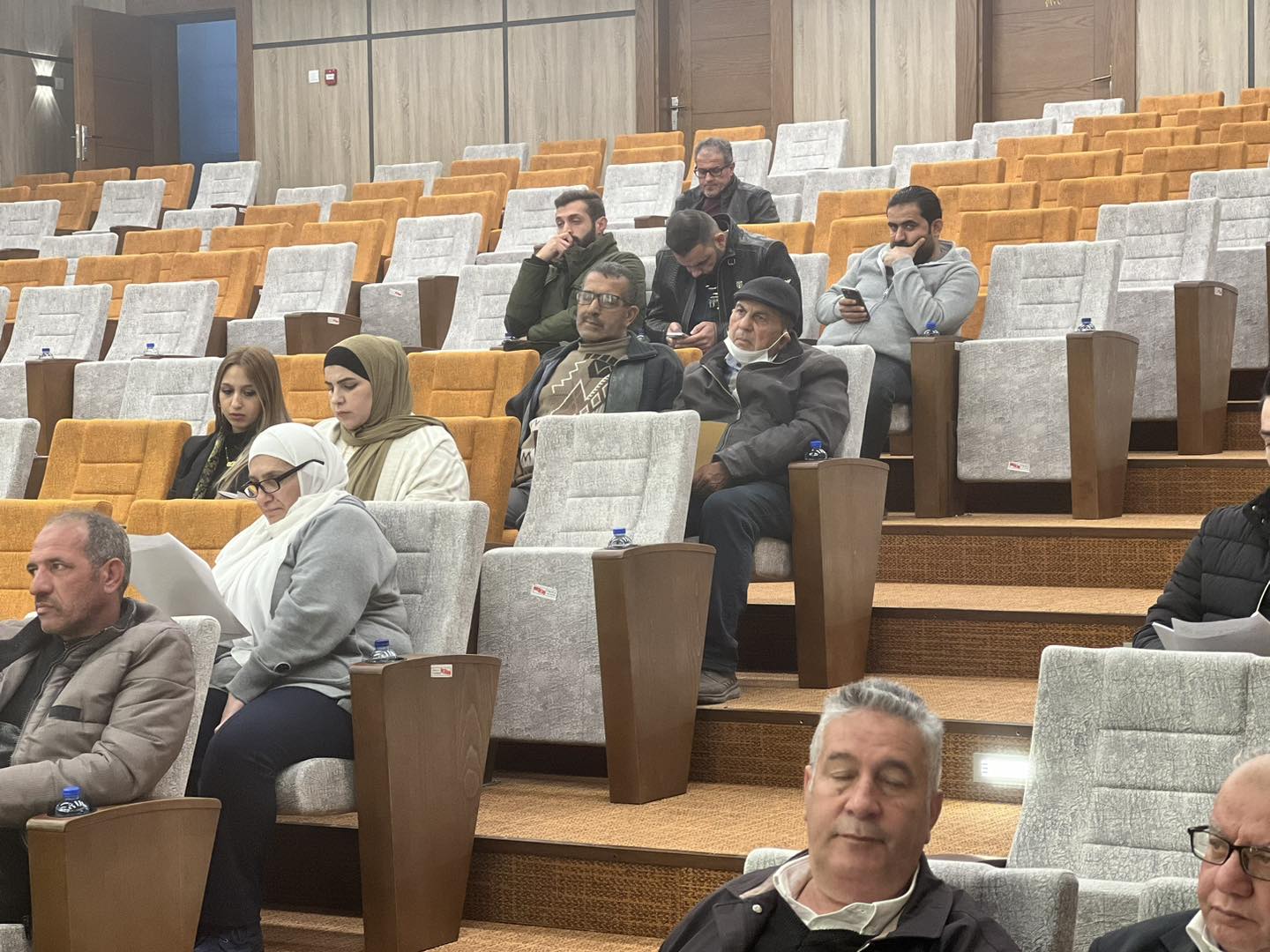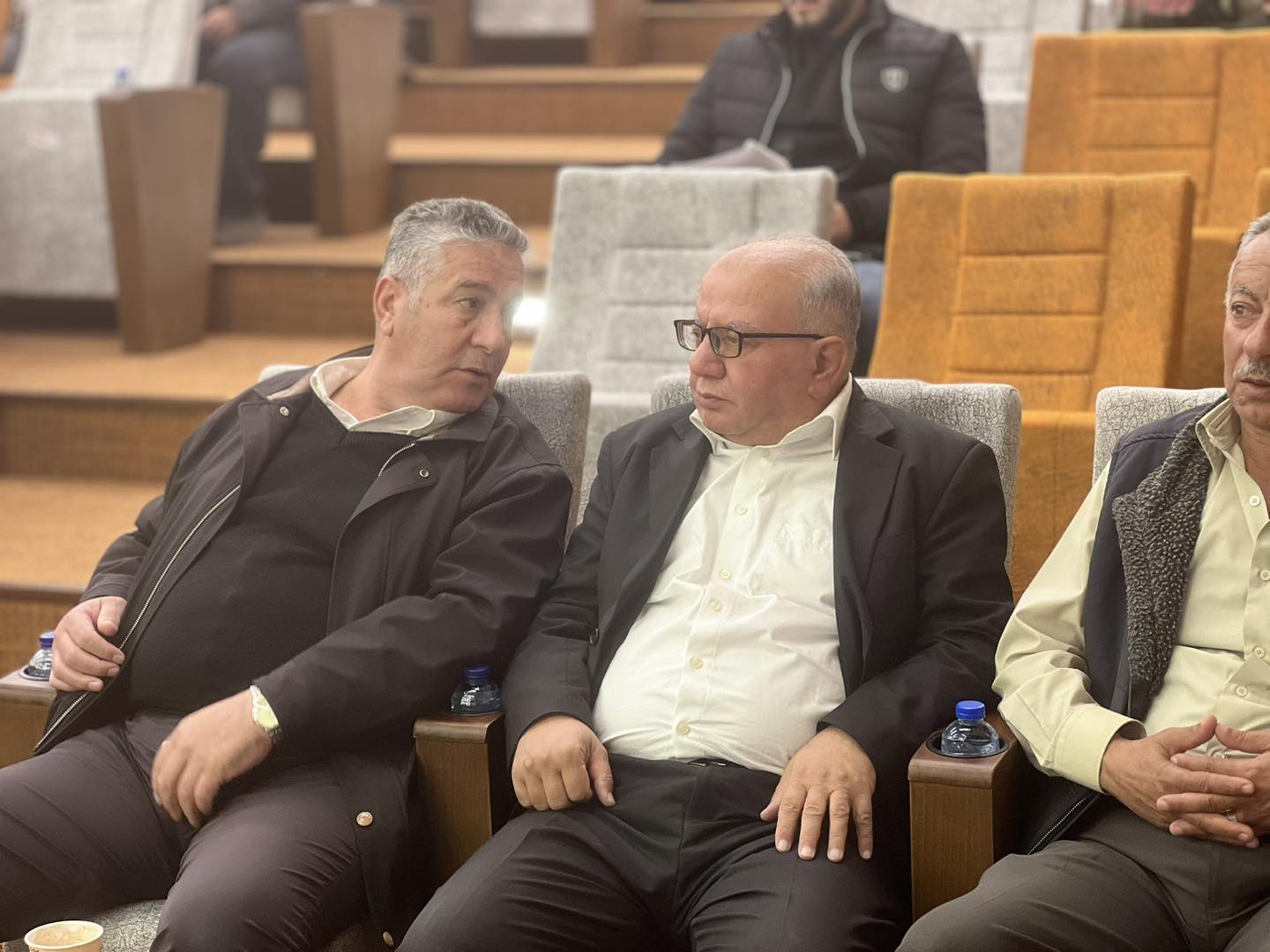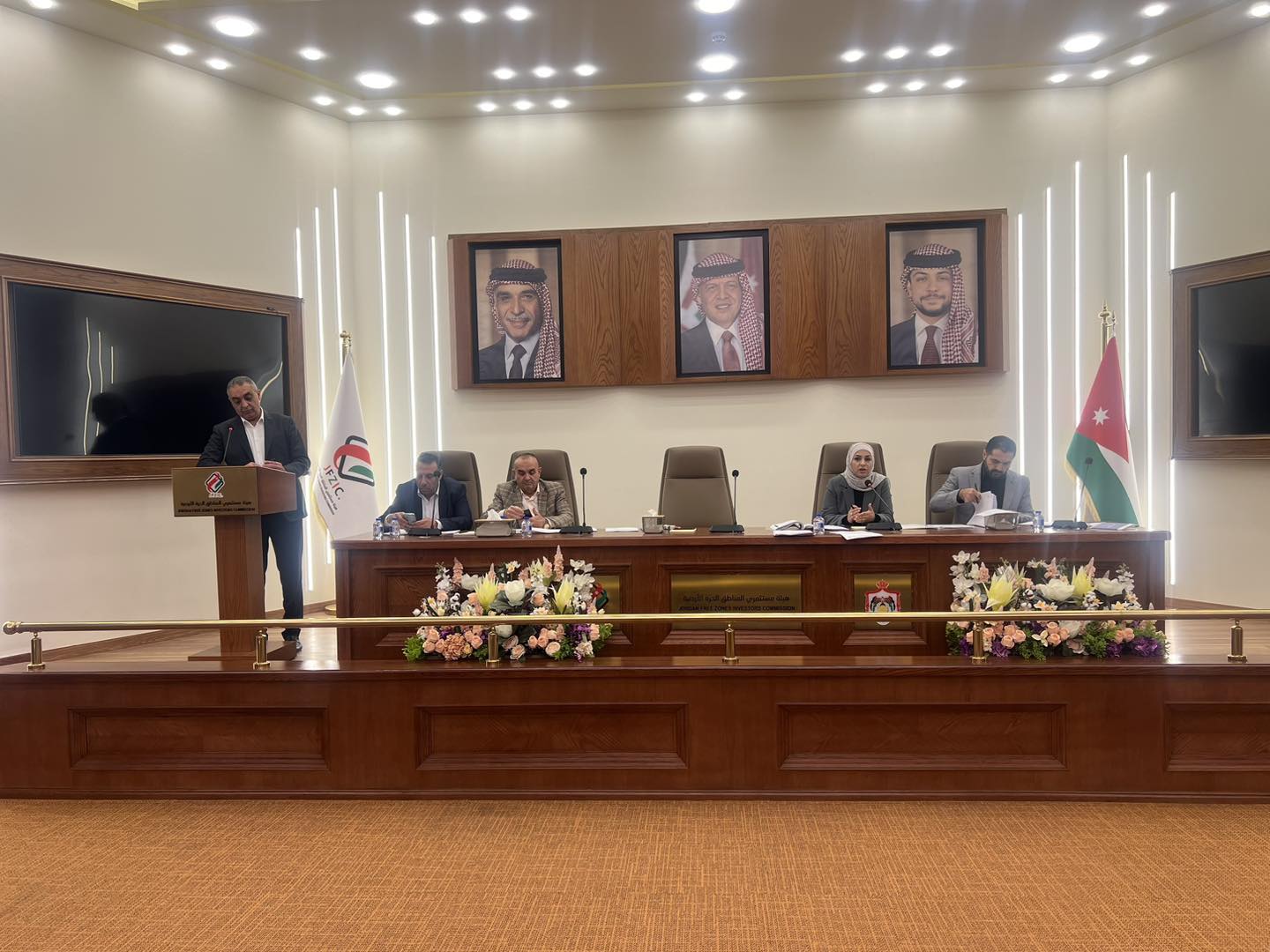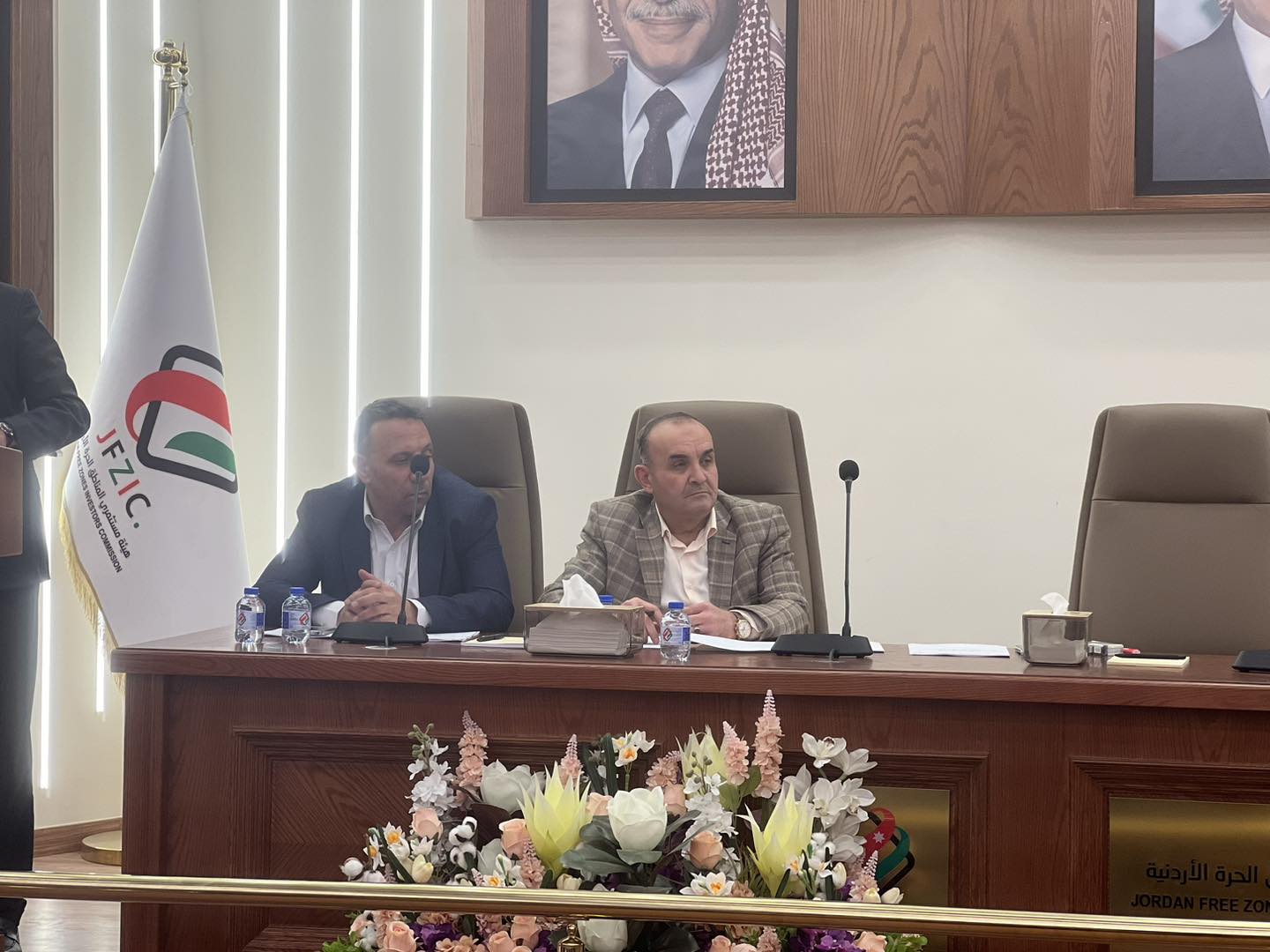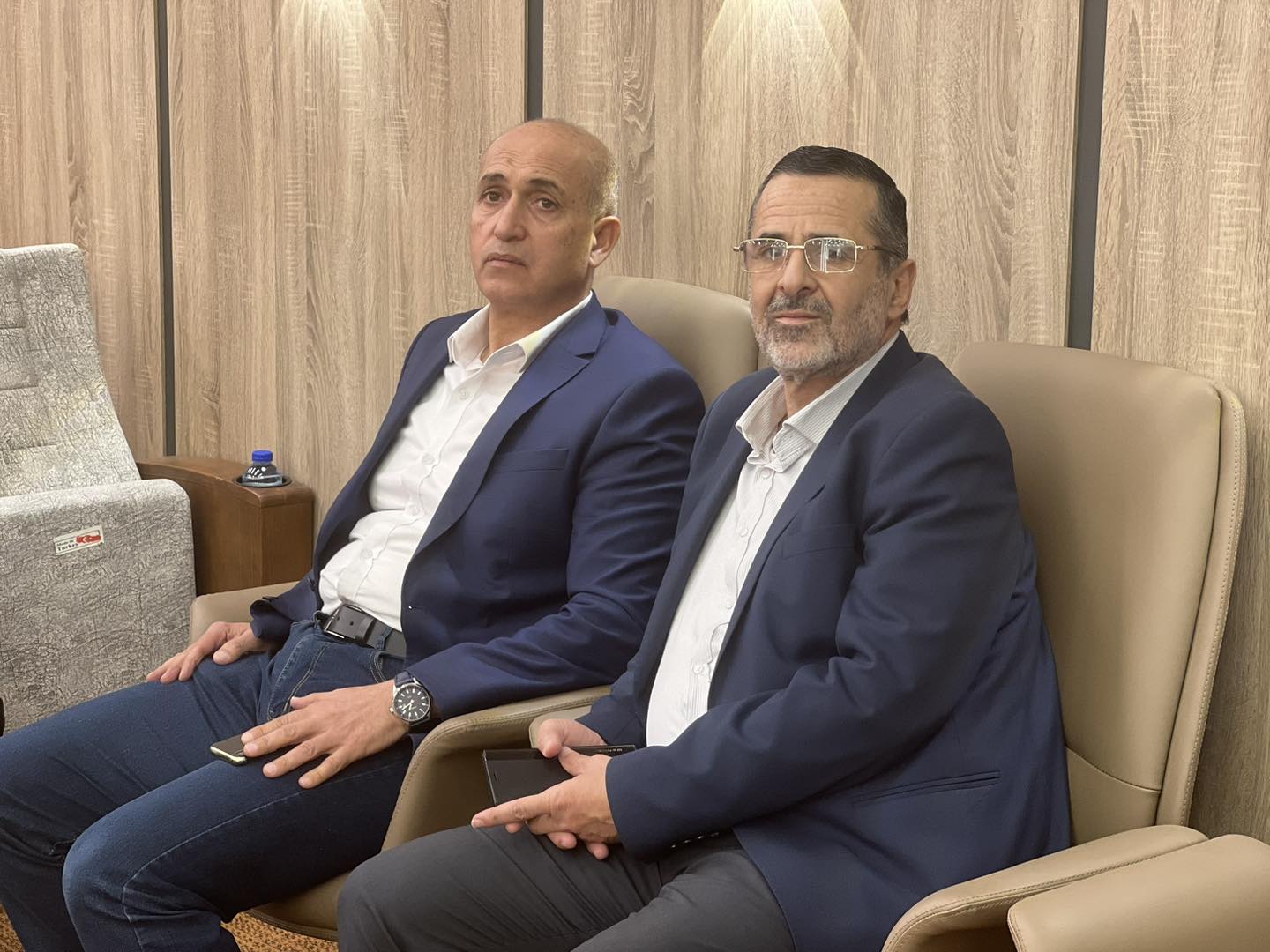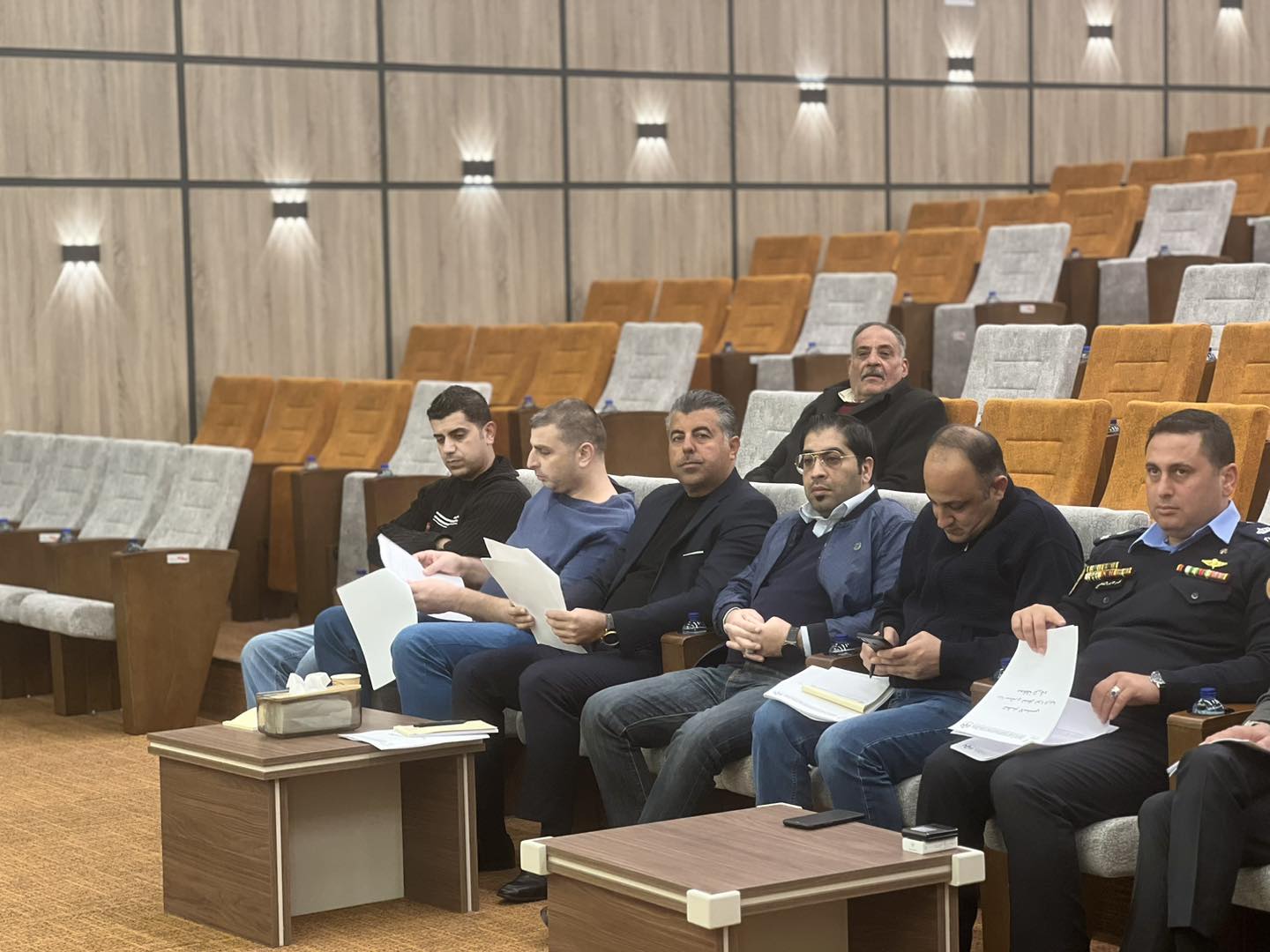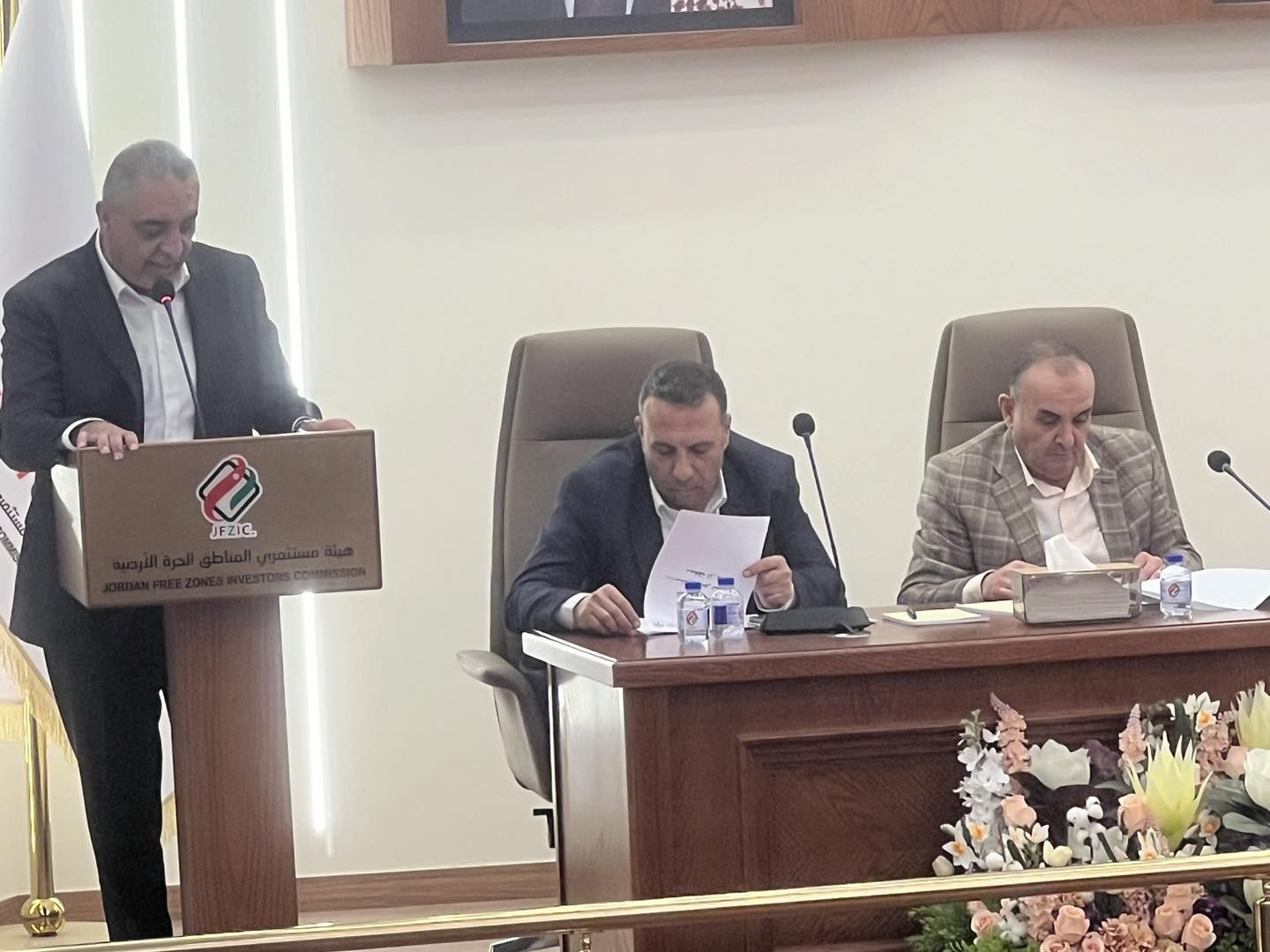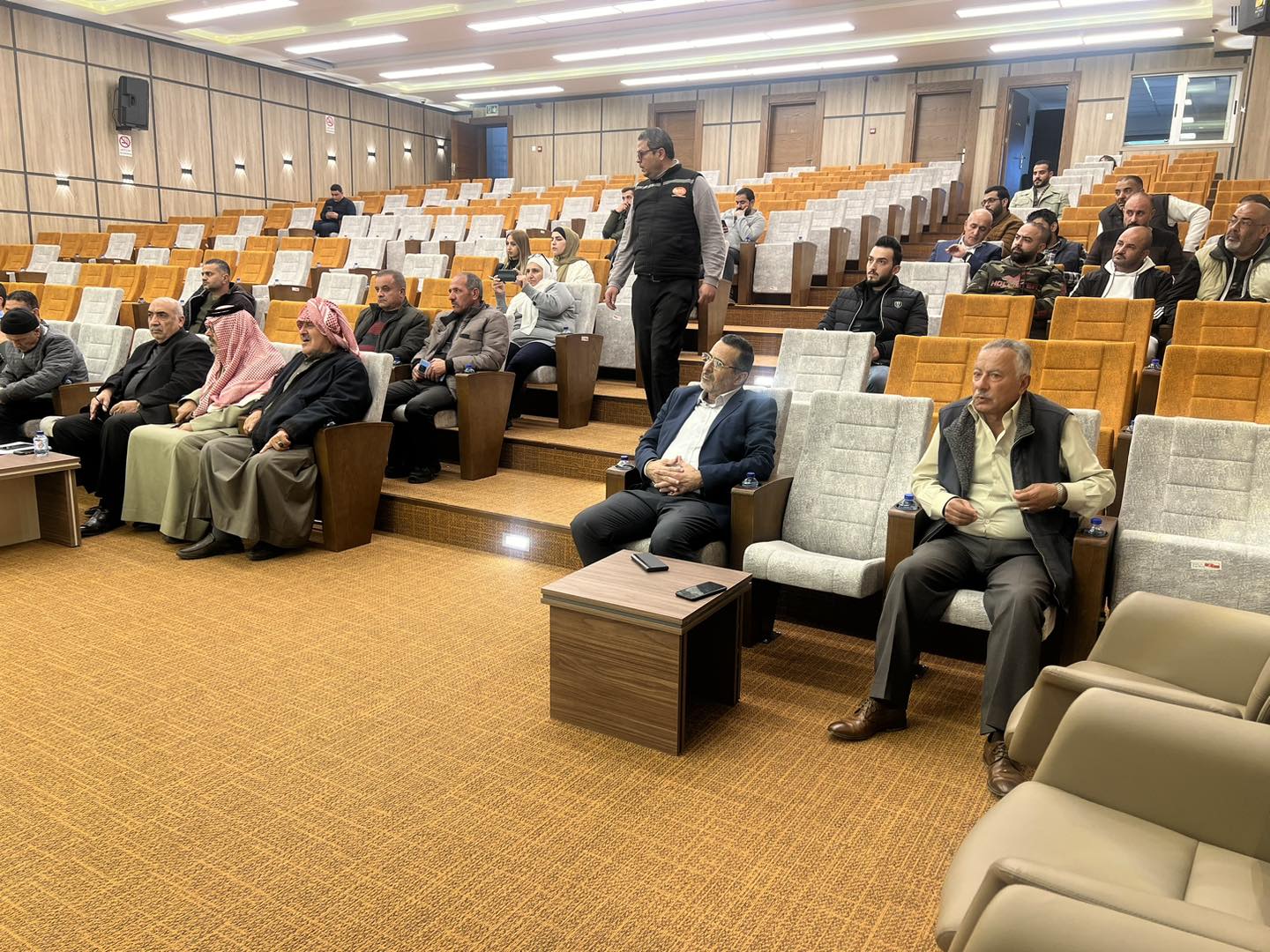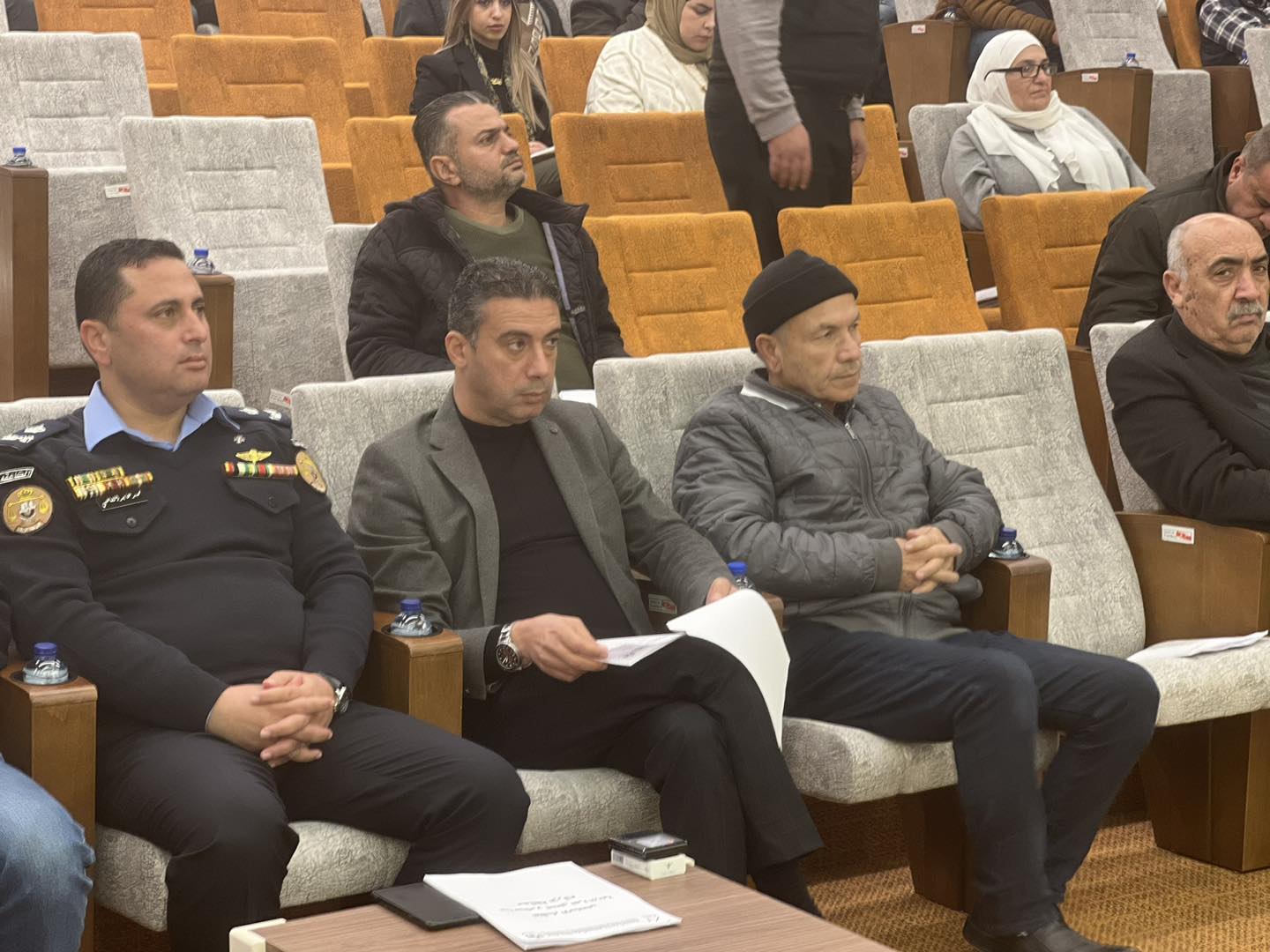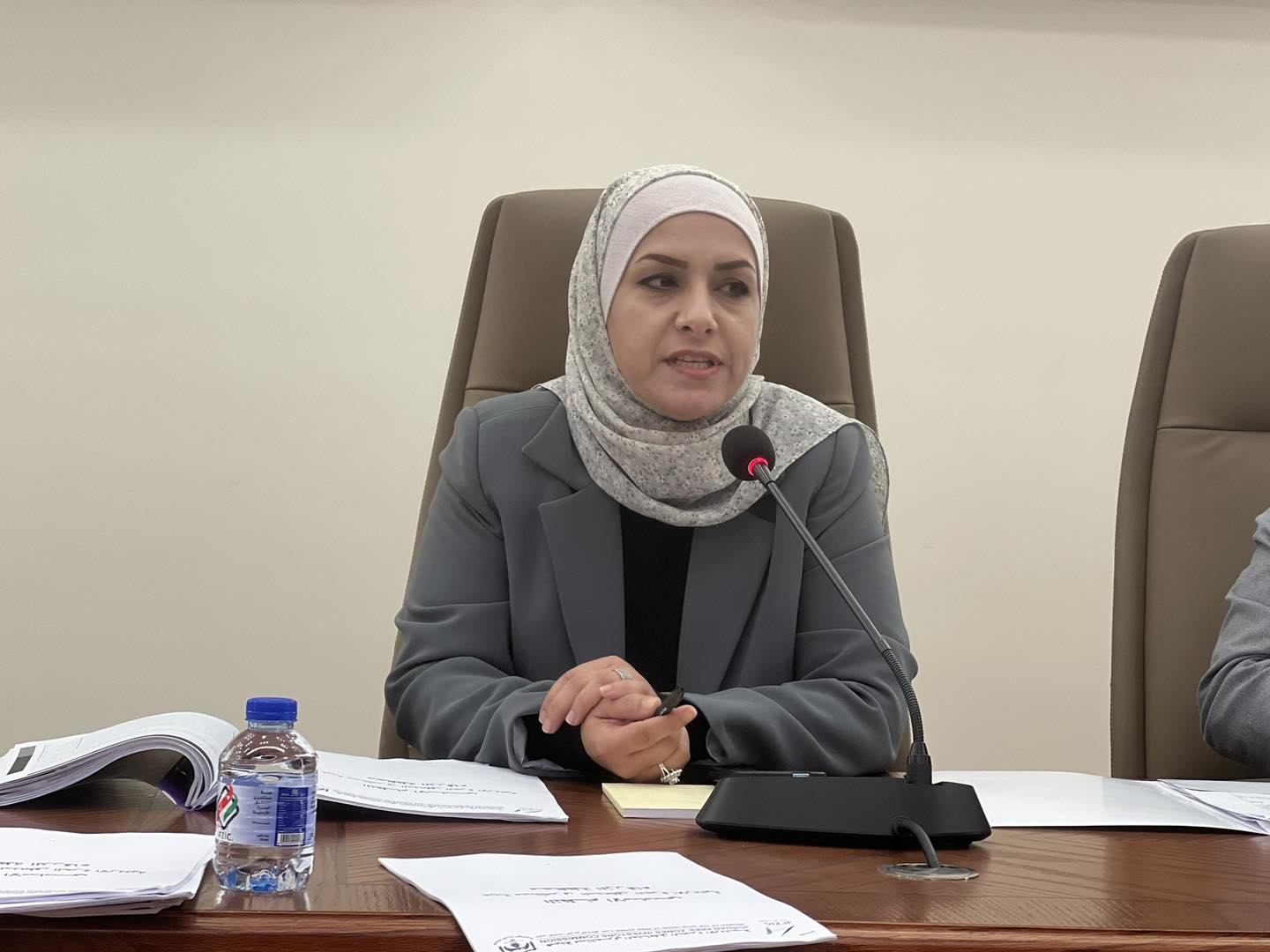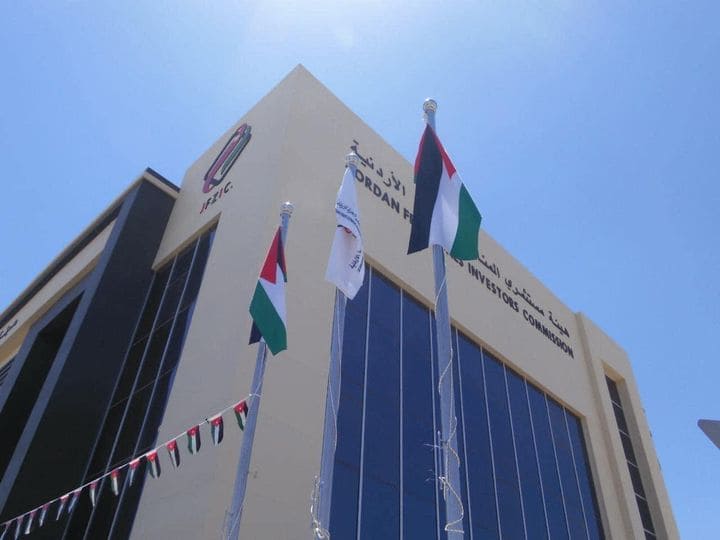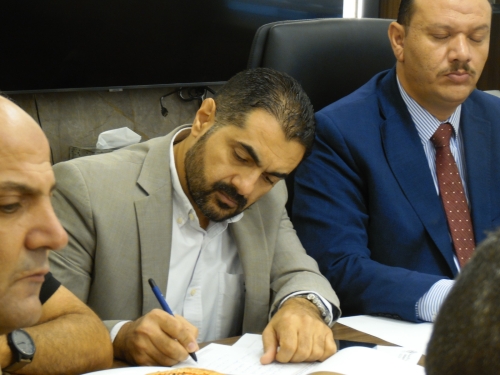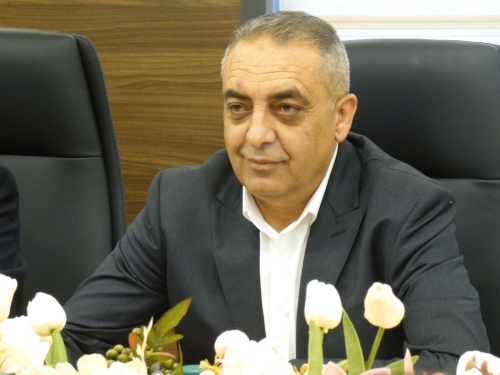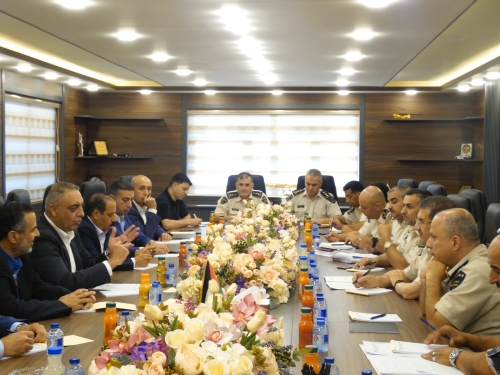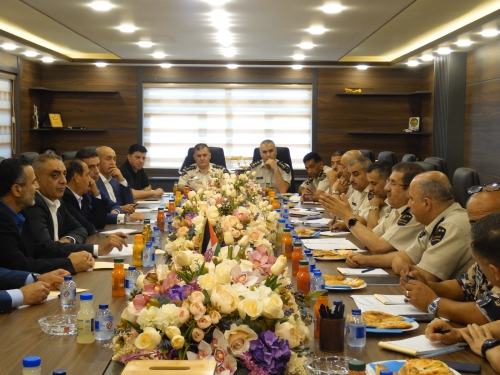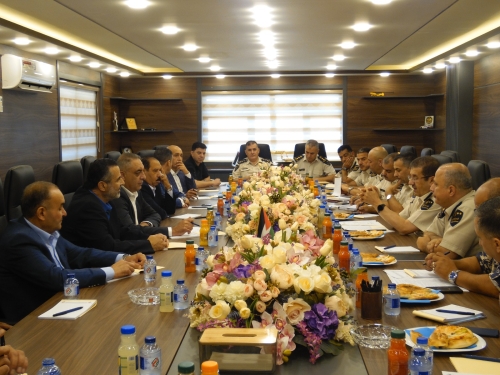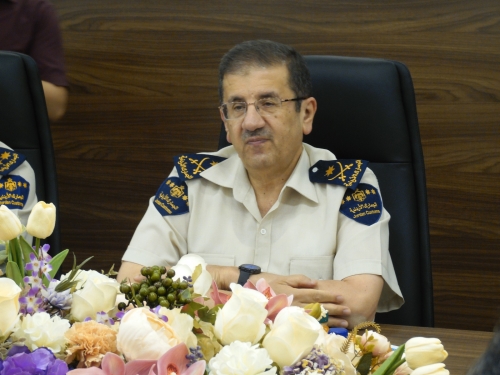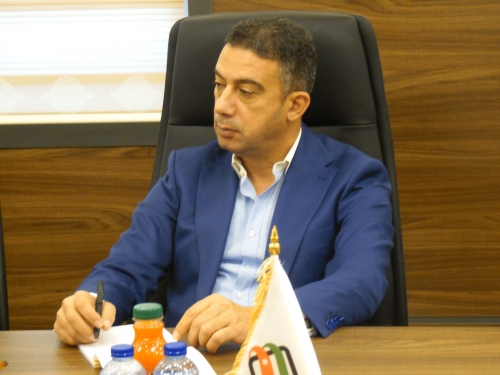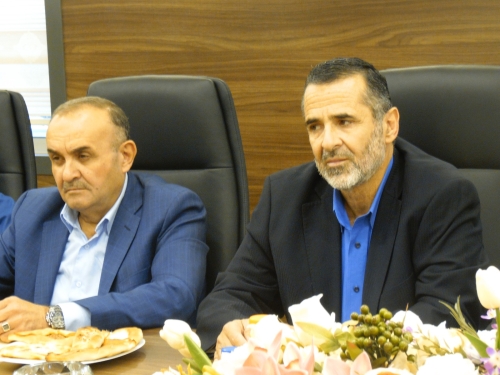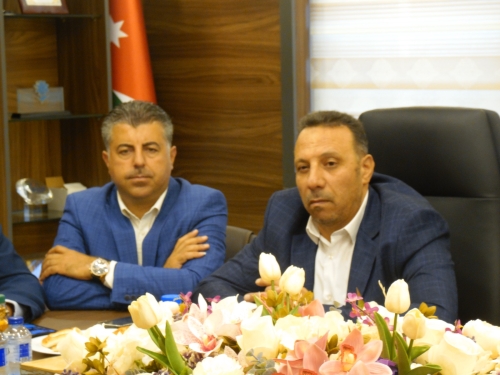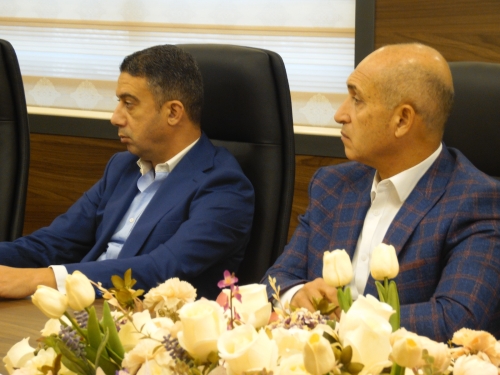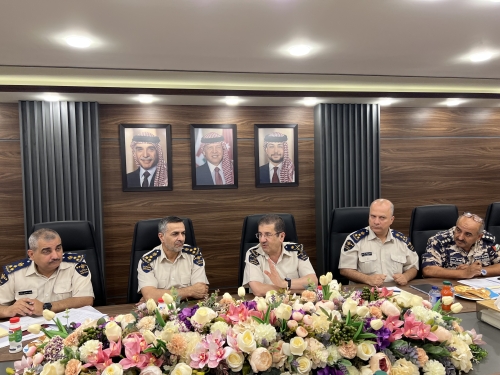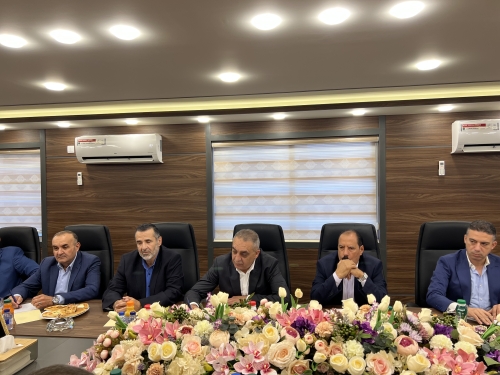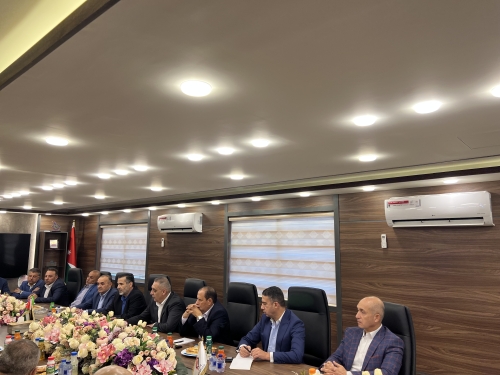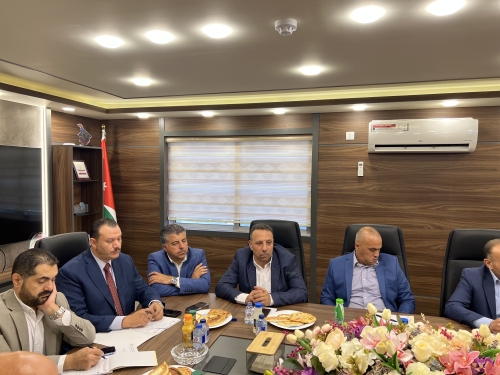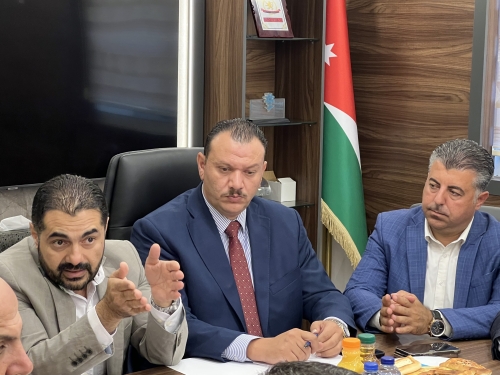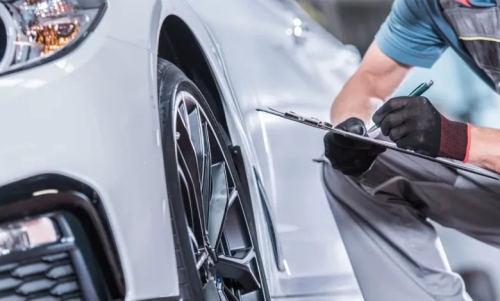Following the directives of His Majesty King Abdullah II and in line with a campaign initiated by the Governorate of Zarqa, the Free Zones Investors Commission has contributed 9 fully equipped ambulances to the Hashemite Charity Organization to aid the people of Gaza.
The ceremonious handover, presided over by Zarqa Governor Hassan Al-Jabour, was attended by notable figures including Dr. Hussein Al-Abadi, Secretary-General of the Hashemite Charity Organization, and Mohammad Al-Bustanji, Chairman of the Free Zones Investors Commission. The event, marked by the presence of key investors from the Zarqa Free Zone, was not just a transaction but a testament to Jordan's solidarity and community spirit.
Governor Al-Jabour remarked on the occasion, "This gesture is more than aid; it's a symbol of our unwavering solidarity with Gaza, mirroring the commitment of our leadership and the compassionate spirit of the Jordanian people."
Echoing this sentiment, Mohammad Al-Bustanji highlighted the broader significance of the donation, "This is not just about providing medical aid. It's about affirming our place alongside our brothers and sisters, guided by the Hashemite tradition of humanitarian support."
The addition of these ambulances is expected to significantly bolster medical response capabilities in Gaza, providing critical care amidst challenging circumstances. This move, reflective of the communal and humanitarian ethos of Jordan, also underscores the nation's role and responsibility in addressing regional crises.
The Free Zones Investors Commission, along with the broader Jordanian community, hopes this contribution will not only alleviate immediate suffering but also reinforce the bonds of brotherhood and mutual support that extend across borders in times of need.


1.jpeg)

1.jpeg)
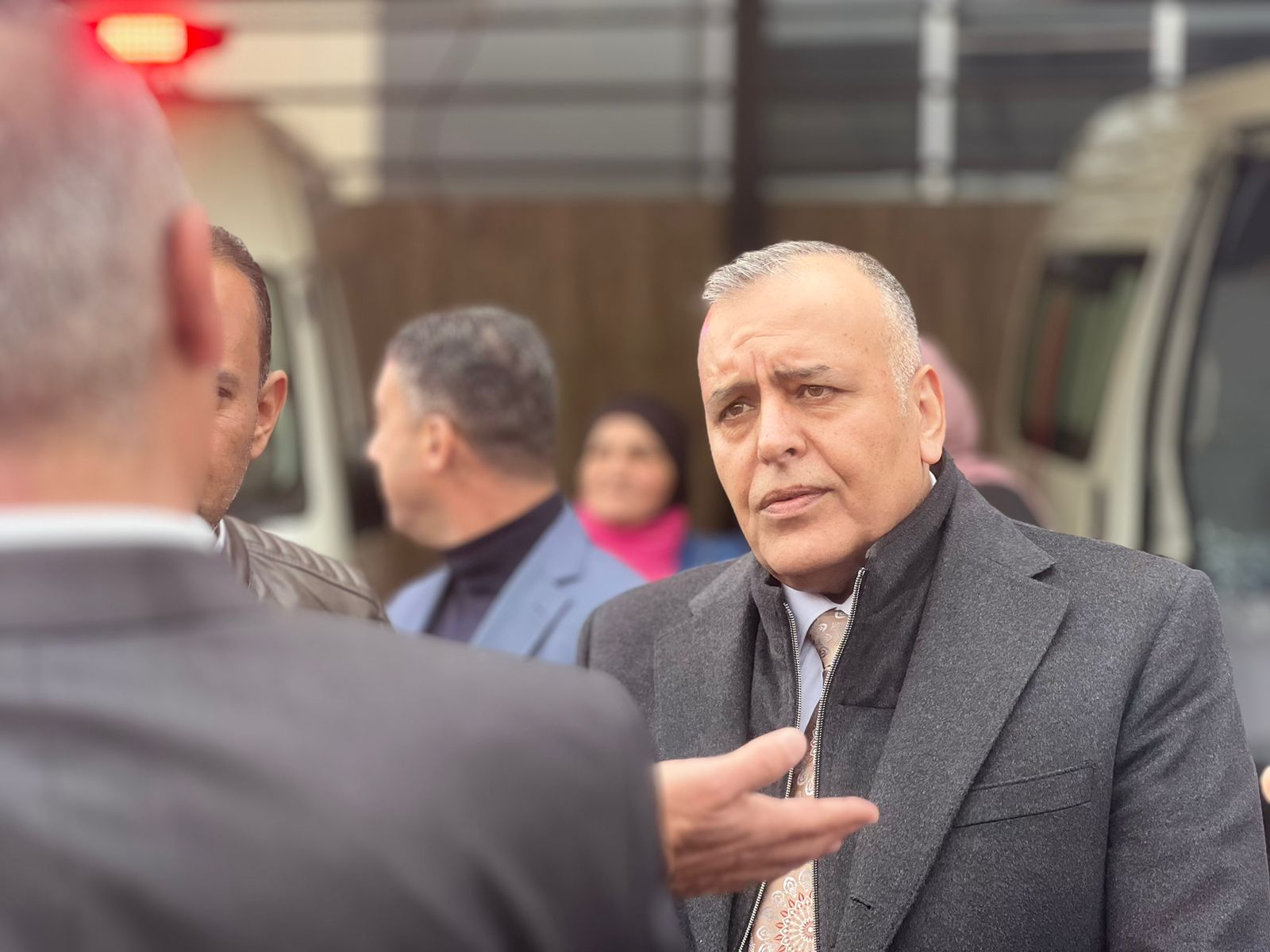
1.jpeg)
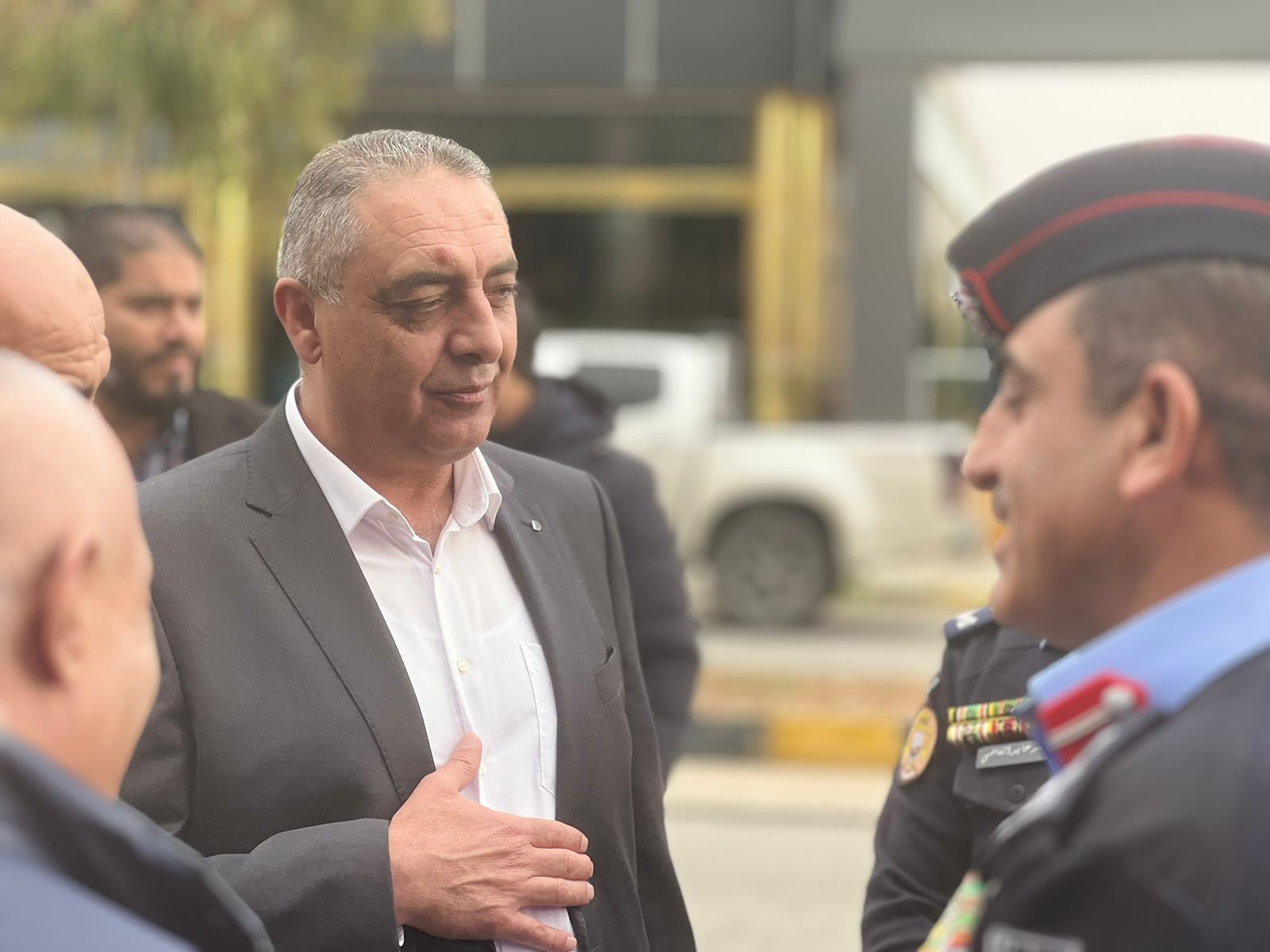
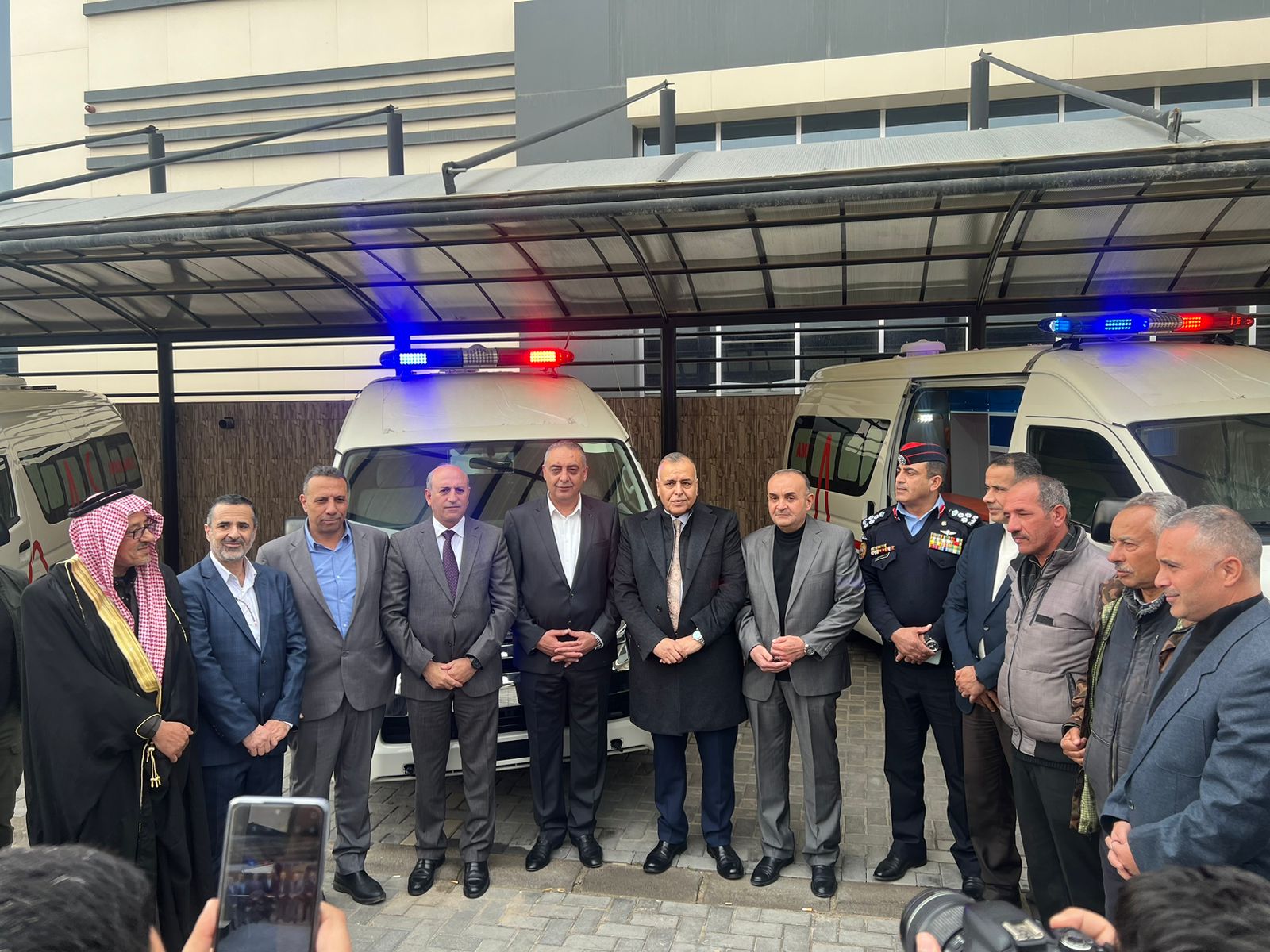
1.jpeg)



